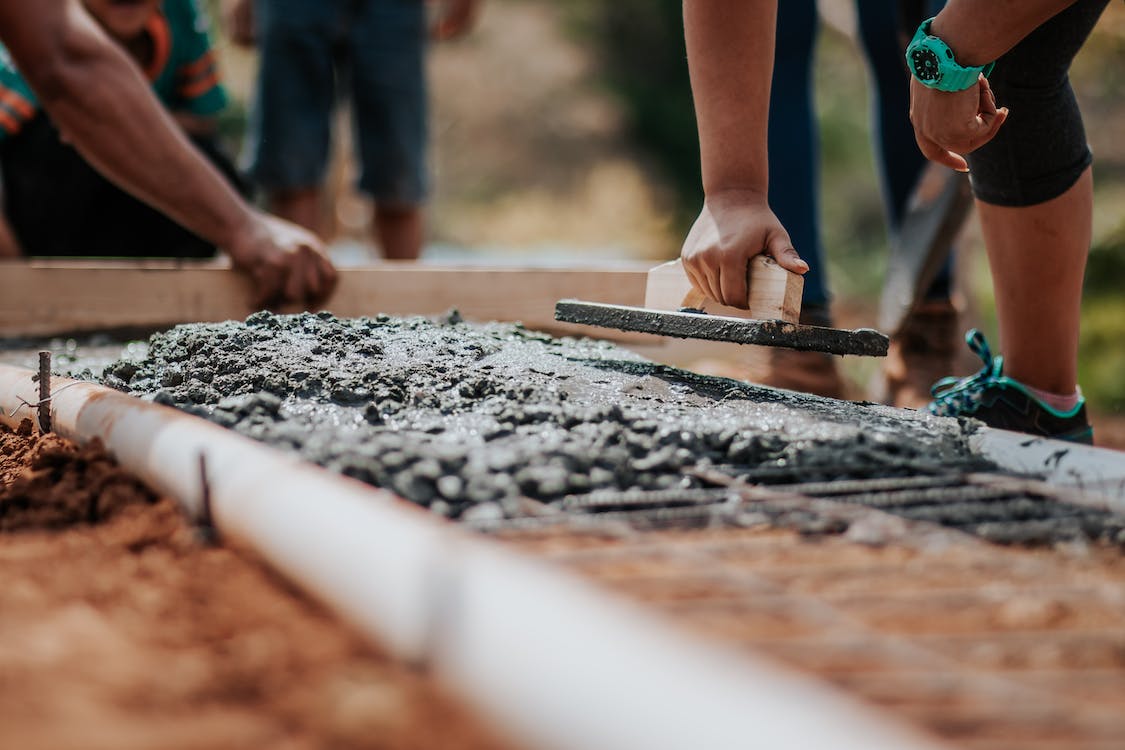Before incorporating minor home modification support into your plan, the NDIS requires proof that the proposed works aligns with NDIS funding criteria. Additionally, relevant approvals for your home modifications are necessary. For assessments related to minor home modifications, they are obligatory. You can access an Assessment template – Minor home modifications on the NDIS website. The type of assessor needed depends on the category of your minor home modification. For category A, any occupational therapist, including your usual one, can conduct the assessment, while category B requires a qualified home modification assessor who is skilled in recommending detailed modification supports.
Typically, a quote is not mandatory, but keeping any obtained quotes for your records is advisable. They might be requested for verification purposes, warranties, and audits.
For complex home modifications, an assessment from an independent home modification assessor is imperative. This assessor, often an occupational therapist, should be separate from any builders involved in quoting for the modifications. They will also guide you on potential facilities like portable bathrooms or temporary accommodation during the modification process. Initial funding for 15 to 20 hours is allocated for this assessment as outliined in the Operational Guidelines – Home Modifications document published by the NDIA.
Two itemized quotes for complex home modifications are essential to ensure cost competitiveness and value for money. These quotes should detail the costs for each part of the modification, categorized individually for each section of work. Alternatively, a qualified building cost estimator or quantity surveyor’s cost estimation is also acceptable.



